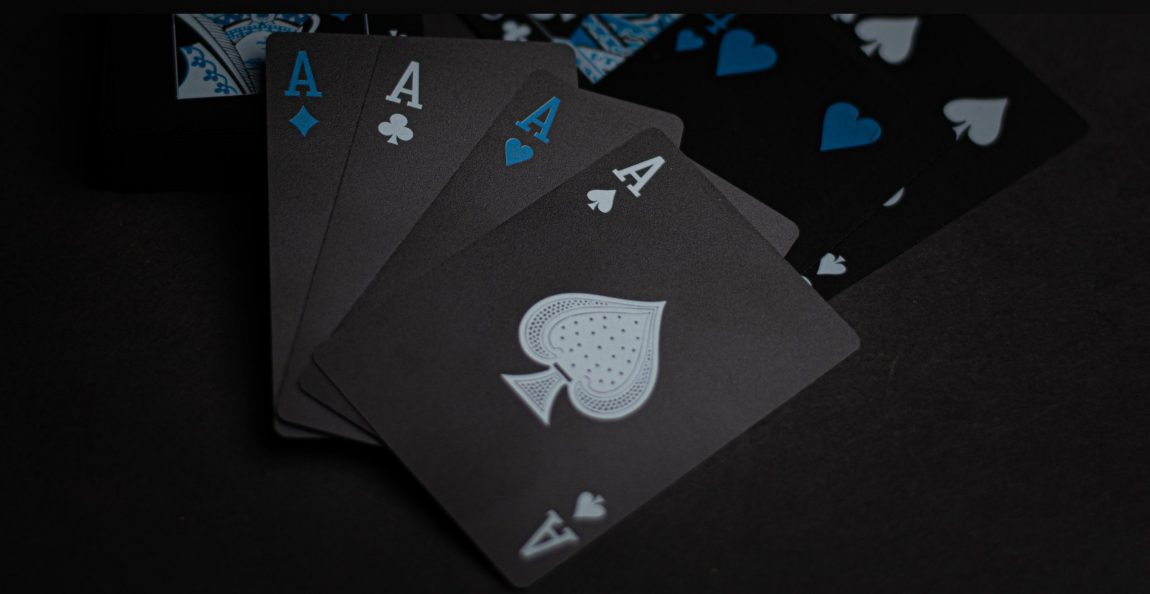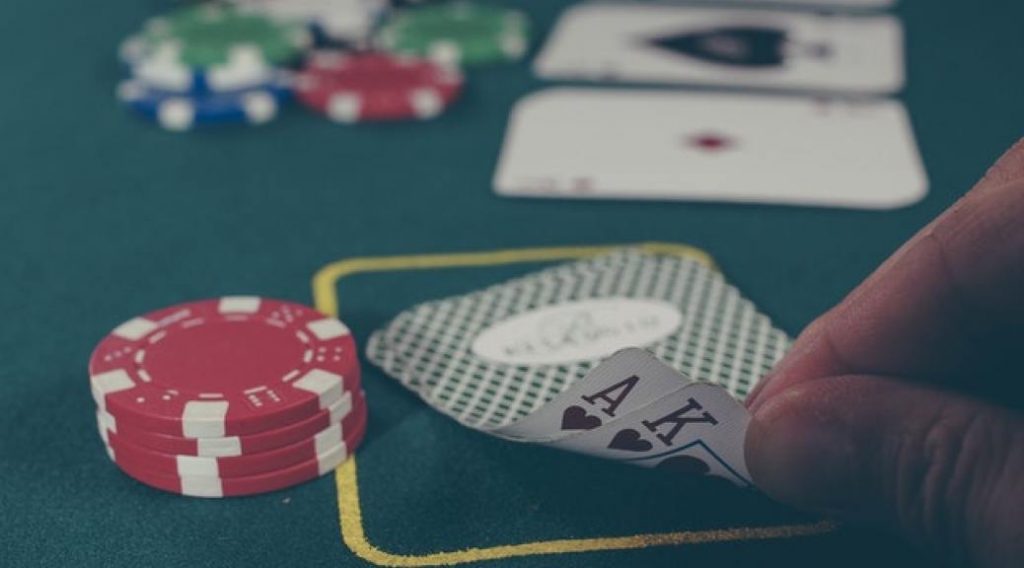
Overcard in poker: a hand or not?
An overcard in poker is a controversial concept, as it can be interpreted in several ways. Essentially, it refers to a card that has the highest value in an unpaired hand. Some people think that an overcard is also a hand, but this is a misconception. The combination is the “high card”, which is known as a high card.
Occurrences
There are several possible situations in which this concept may be applied. One of them is when the cards in your hand do not make a combination. For example, if you have an Ace and a deuce in your hand, but an Eight, a Six and a Four are on the table.
Another use case for the concept is when comparing a set in the hand with common cards. So there may be a king, a queen, a deuce on the board, and two eights or a smaller match on the hand.
Both are appropriate examples when one of the types of Texas Hold’em or Omaha is being dealt. In 7-card Stud, the concept has a slightly different explanation. Here, an overcard is the one with the highest value among the players in the current hand.

Strength and Bluffetter
Beginners often like to try and pair up with overcards, disregarding their opponents’ bets. Another major mistake is trying to catch opponents on a bluff and trying to open them up based on overestimating the strength of the hand.
It should be understood that an overcard is an empty hand. Even with two on the flop, it’s a good idea to fold. It makes sense to come out with an ace on the showdown, three bets on the bluff, and calls on the river are triggered only if the opponent’s play statistics are carefully analyzed.
The notion of bluffcatcher refers to catching bluffs. This technique is used by professionals with a great deal of experience. To use it, it is necessary to collect a large amount of statistical data, as well as to be able to use it competently at the right time.
Additionally, one should observe and take notes on his interactions with other opponents, as well as how he plays against the field. It is important to be sure that the player is bluffing before you “open” him up. However, such a technique, even if the rules are followed, may not always provide a decent win.
Fauld Equity and Welter’s Equity
Fold Equity is the potential profit, which a player may make if his opponent passes. It is used when cards on the table are dangerous. A player pretends to have an ace, king or queen in his hand.
It is known that an Ace, despite its face value, still does not provide a 100% profit on the river. A queen or jack changes the situation, as they are hard to read cards. On top of that, it’s possible to rebid pairs with small denominations. That’s what the equity on the river is all about.
To use overcards in your strategies, you must pay attention to your opponent’s stats and behavior. Their actions can both help and confuse the process, which must be taken into account.



